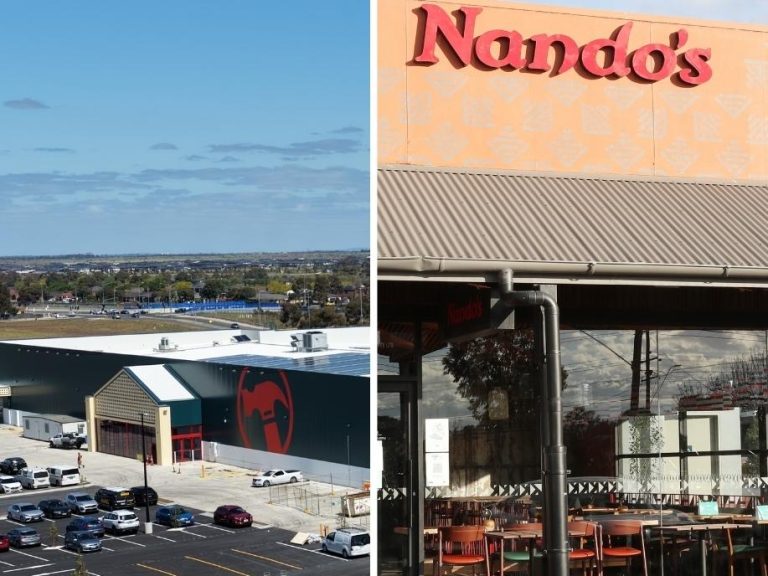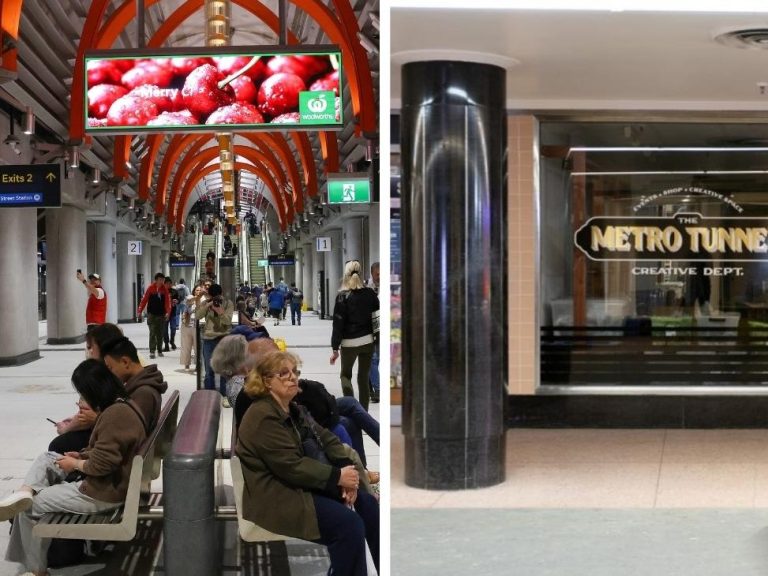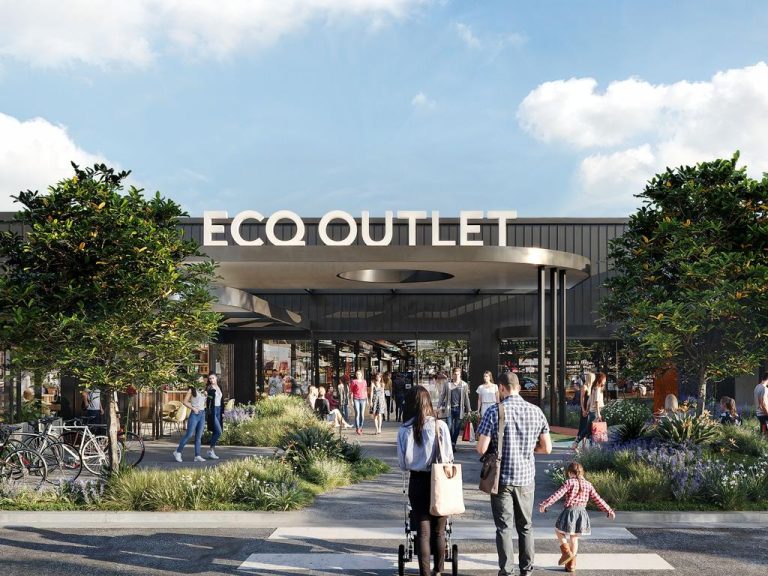Australian commercial property sector zeros in on security issues
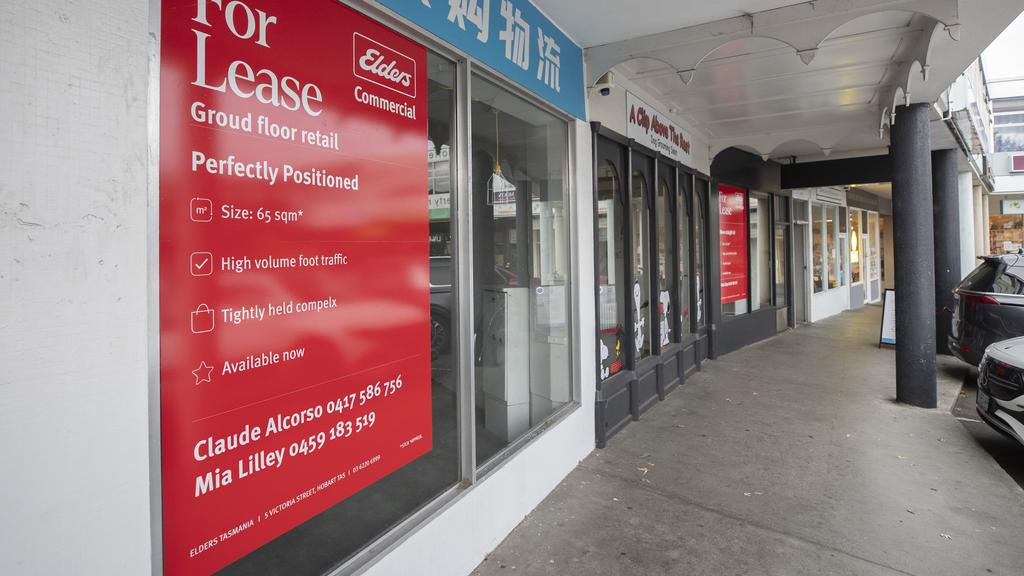
Rising crime rates could cause more vacant shop fronts as retailers battle to stay afloat.
As household costs continue to spiral out of control for many Australian households, the flow-on effects are having a huge impact on the country’s retail giants and their stability within the commercial property sector.
Rising costs of groceries, electricity prices and many other staples are putting pressure on families resulting in rising instances of shoplifting and assault against retail staff.
Major retailers like Kmart and Bunnings as well as supermarket giants like Woolworths, Coles and IGA say they are being forced to take drastic action to combat the rise in crime their commercial properties are experiencing.
While the increased crime is impacting the bottom lines of some of Australia’s biggest names, the risk to the country’s commercial property sector, which includes billions of dollars of investment from superannuation funds, is also under attack.
Kmart and Bunnings called out over new tech
Kmart and Bunnings have both ended up in the crosshairs of the privacy commissioner in recent years over the use of facial recognition technology on customers.
The two retail giants began upgrading some of their commercial shop fronts to utilise the technology as a way to tackle theft and refund fraud.
Kmart used facial recognition for the two years to July 2022 before a three-year investigation found in September the company overused the technology and didn’t get consent to do so.
“The sensitive information of every customer who entered a relevant store was indiscriminately collected by the FRT system,” privacy commissioner Carly Kind said.
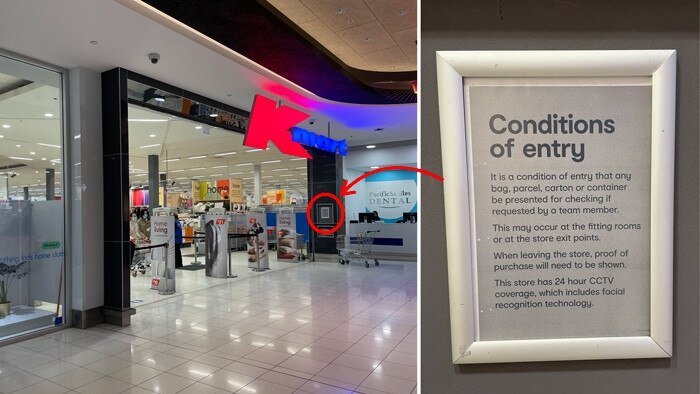
A Kmart store in Marrickville, NSW, shows a small warning about the use of facial recognition technology prior to the investigation.
Kmart installed the technology in 28 stores across the country where it would collect facial data of customers and crosscheck that information against a database of people known to, or suspected of, committing refund fraud.
Kmart stopped using the technology when the investigation began in 2022.
The Kmart finding followed one year after Bunnings was found to have breached guidelines by using facial recognition technology in 62 stores.
The Bunnings decision is currently under review by the Administrative Review Tribunal.
Victoria the crime flashpoint
The facial recognition findings will come as a blow to retailers struggling against the wave of crime impacting their revenue, safety and ability to remain open.
Vacant stores can have a cascading effect on local communities, reducing foot traffic, depressing nearby property values, and creating a sense of economic decline.
For landlords, the prospect of losing tenants amid rising retail crime is a growing concern, particularly in Victoria, which has become the epicentre of the problem.
Recent data from the Australian Bureau of Statistics revealed that retail crime in Victoria reached a 21-year high in 2023, with 169,673 victims of personal and retail theft recorded in 2024 – a staggering 29 per cent increase from the previous year.
The situation in Victoria has prompted strong promises from the state government but no action.

The retail sector is demanding action from Victorian Premier Jacinta Allan. Picture: NewsWire/Ian Currie
Victorian Premier Jacinta Allan promised in May last year to introduce laws cracking down on the assault and abuse of retail workers. But Ms Allan’s commitment to act before the end of this year has yet to eventuate as the busy Christmas retail period gets closer and closer.
Victorian Shop Distributive and Allied Employees Association secretary Michael Donovan slammed Ms Allan and her government for a lack of movement on the issue.
“Victoria has a more significant problem with customer violence than any other state, but still no action,” he said.
“How much longer are law abiding shoppers and frontline retail workers in Victoria going to have to wait to get the protection they need from the tsunami of customer violence and abuse?”
Retail giant reveals crime crackdown
Without real action from the government, retailers are facing the rising impact of protecting their staff.
Wesfarmers, the owner of Bunnings and Kmart, revealed at its annual general meeting staff at its two flagship brands across the country were facing more than 1000 physical assaults and threats from customers every month.
Wesfarmer boss Rob Scott told shareholders incidents involving threats of serious harm in Bunnings stores had leapt by 66 per cent and incidents at Kmart by 29 per cent.
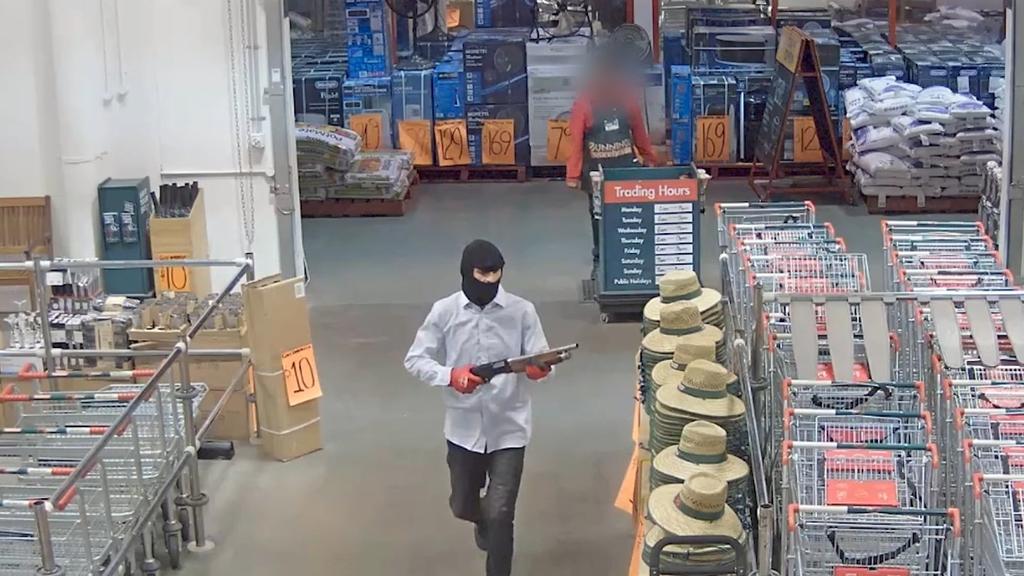
Assaults at Bunnings stores have resulted in Bunnings boss Mike Schneider calling for facial recognition technology to be used to protect staff.
Scott said the Wesfarmers has been forced to increase security at locations deemed higher risk, going so far as to equip staff with body-worn cameras.
“We support sensible reform, including tougher, nationally consistent penalties for violent retail crime and a national conversation to enable controlled, responsible use of technology to exclude known violent offenders from retail environments,” Scott said.
Staff are also being put through virtual reality training to handle aggressive customers.
Again, Victoria has been a focal point, with rising crime across the state sparking much of Wesfarmer’s response.
Closure threats highlight huge risks
Meanwhile, Fred Harrison, chief executive of Ritchies IGA, has warned that unprecedented levels of retail crime – fuelled by armed thieves – are pushing some businesses to the brink of closure.
With 85 stores nationwide, including 52 in Victoria, Ritchies IGA is grappling with what Mr Harrison describes as a “crisis point” for retail crime.
“People are making decisions to exit the business because there’s that much theft that it is impacting their bottom line,” Mr Harrison told the ABC’s 7.30 earlier this year.

Fred Harrison says the future of some of his IGA stores could be in doubt. Picture: Glenn Hunt/The Australian
“You can’t expect retailers to remain trading and lose money. Is it all-round more profitable, safer, if we just close and walk away?”
The prospect of store closures raises serious concerns about the ripple effects on commercial property markets as well as job losses for hundreds of employees.
Empty shop fronts could become a common sight in shopping precincts already struggling to recover from the economic fallout of the Covid pandemic.
Victoria accounts for 95 per cent of the issues facing Ritchies IGA, with brazen thieves now targeting stores in broad daylight.
Is technology really helping?
A recent study conducted by Griffith University has shed light on the mounting challenges faced by retailers in Australia and New Zealand, with theft-related losses escalating significantly in the post-pandemic period.
The research highlights a concerning trend, revealing that retail crime has grown at a rate far exceeding revenue growth in the sector.
Between 2022 and 2024, losses in the retail industry surged by nearly 30 per cent, while retail revenue saw a comparatively modest increase of just over nine per cent during the same period.
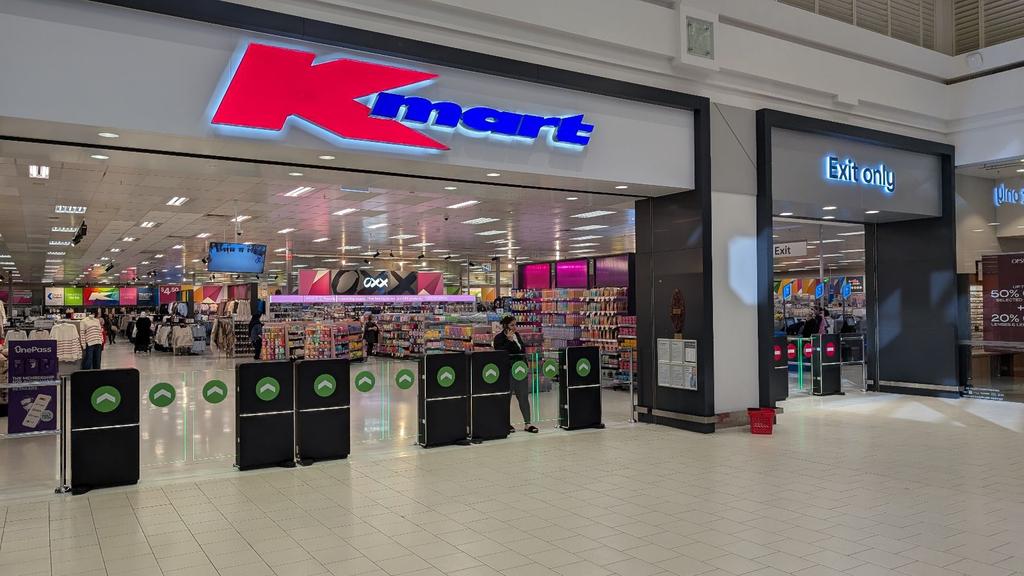
New security gates at Kmart Broadmeadows are aiming to stop instances of crime.
Overall losses after the introduction of self checkout has been reported between 3-4 per cent, compared to one per cent with traditional cashiers.
The disparity underscores the growing impact of losses in the retail sector, which is struggling to recover from the economic disruptions caused by the COVID-19 pandemic.
External theft was identified as the predominant contributor to retail losses, accounting for a staggering 71 per cent of the total losses in Australia.

